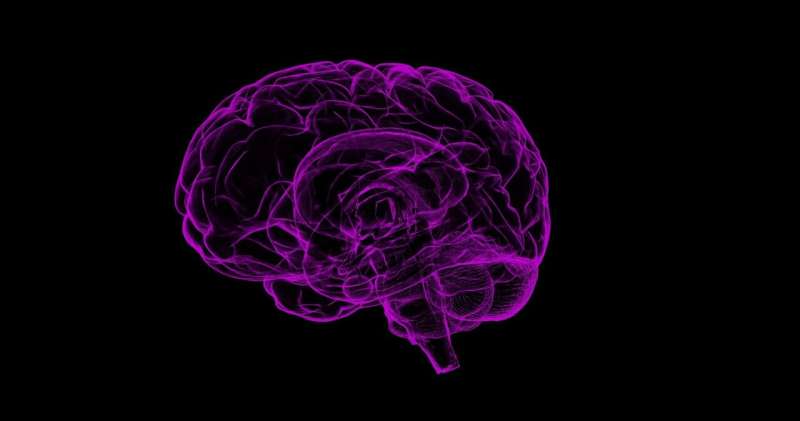This article has been reviewed according to Science X's editorial process and policies. Editors have highlighted the following attributes while ensuring the content's credibility:
fact-checked
trusted source
proofread
Medication that protects brain tissue linked to improved stroke survival

The neuroprotectant ApTOLL, a medication that may shield the brain from tissue damage, was linked to reduced death and disability among people being treated for stroke when used with standard treatments to restore blood flow, according to preliminary late-breaking science presented February 8 at the American Stroke Association's International Stroke Conference 2023. The meeting, held in person in Dallas and virtually Feb. 8–10, 2023, was a world premier meeting for researchers and clinicians dedicated to the science of stroke and brain health.
"The results are promising because for the first time a medicine studied as a neuroprotectant demonstrated not only a biological benefit by reducing the volume of damaged brain tissue, but also a reduction in long term disability and risk of death," said study senior author Marc Ribó, M.D., an interventional neurologist at Hospital Vall d'Hebron in Barcelona, Spain.
In this clinical trial, researchers investigated if the neuroprotective medication ApTOLL may improve outcomes among people with stroke who also received standard treatment. ApTOLL is a TOLL-like receptor 4 (TLR4) antagonist involved in immune responses, yet it also responds to tissue damage. Previous studies in animals found that ApTOLL reduced inflammation and protected brain tissue from damage. Also, a first-in-human study in healthy adults did not find safety issues with ApTOLL.
From July 2021 to April 2022, more than 150 adults diagnosed with stroke (average age 70 years) treated in 15 hospitals in France and Spain were randomly assigned to either 0.05mg/kg of ApTOLL, 0.2mg/kg of ApTOLL or a placebo.
Within six hours of symptom onset, all participants also received the standard ischemic stroke treatment to restore blood flow to the brain—mechanical blood clot removal. This treatment, also called endovascular therapy, involves insertion of a tiny tube into the blood vessel to retrieve the blood clot. Study participants also may have received the clot-busting medication known as tPA if needed to help dissolve the clot.
Among the trial's findings:
- The higher ApTOLL dose showed a neuroprotective effect while the lower dose did not show any effect compared to placebo.
- Ninety days after treatment, death rates among participants who received the higher dose of ApTOLL were more than four times lower compared to those who received placebo: 4% versus 18%, respectively.
- Imaging tests given 72 hours after treatment showed that the size of damaged brain tissue was reduced by 40% among the participants who received the higher dose of ApTOLL compared to the placebo group.
- 64% of participants who received the higher dose of ApTOLL were free of disability at 90 days, compared to 47% of those in the placebo group.
"If the results are confirmed with larger studies, it will mean that we can effectively treat patients with neuroprotectants, in addition to current standard treatments to restore blood flow," said co-lead author Macarena Hernández, Ph.D. "Both kinds of treatments may be combined, and neuroprotectants will buy time, reducing brain damage until blood flow is restored."
A study limitation is its small number of participants. Larger studies are in the planning stages, according to Ribó.
The fifth-leading cause of death in the United States and a major cause of long-term disability, stroke caused more than 160,000 U.S. deaths in 2020, according to the 2023 American Heart Association Statistics.



















